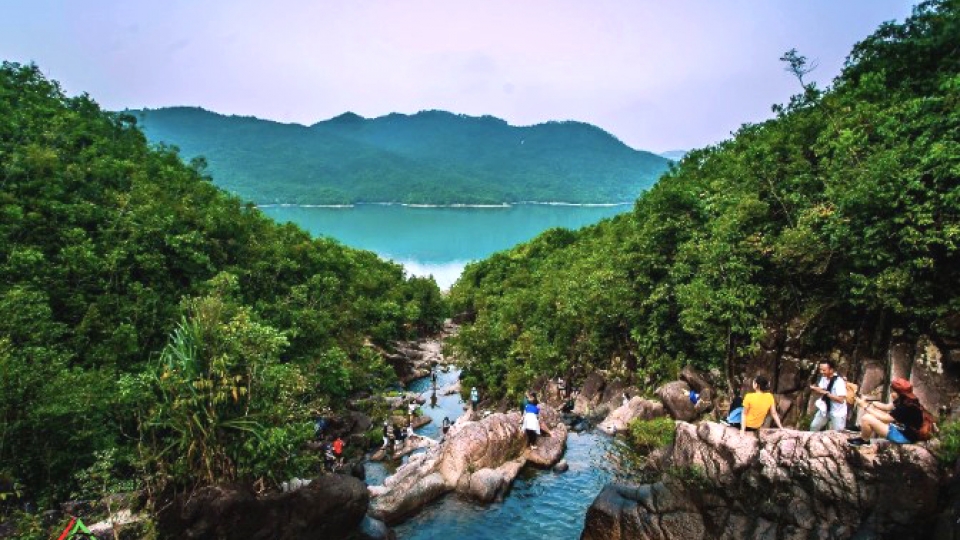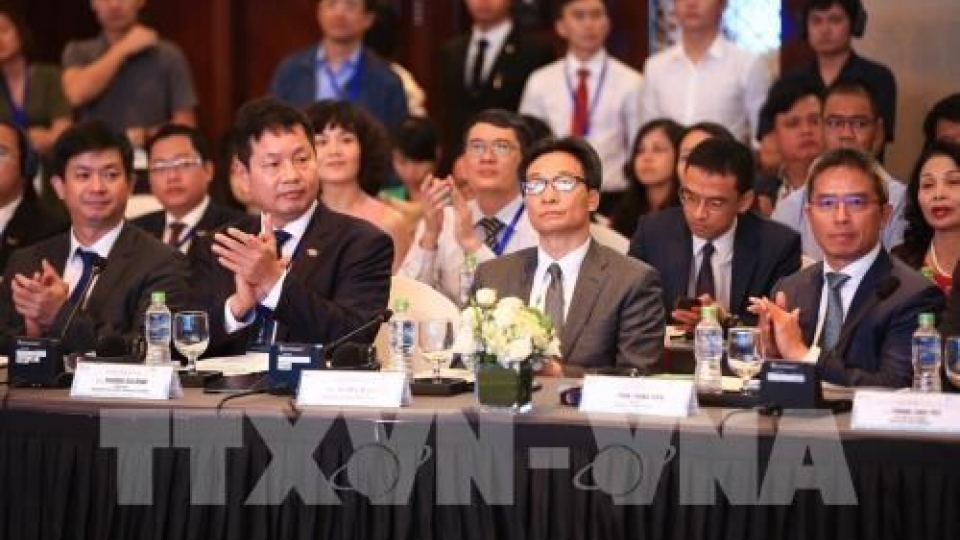Sustainable tourism shaped by research and international cooperation
VOV.VN - The Faculty of Tourism Studies under the University of Social Sciences and Humanities (USSH), Vietnam National University, Hanoi, and the College of Tourism at Rikkyo University (Japan) co-organized the international conference “Contemporary Issues in Tourism Research” (CITR2025) on October 17 in Hanoi.

The event, marking the 30th anniversary of the Faculty of Tourism Studies (October 21, 1995 – October 21, 2025), served as an academic forum gathering scholars, policymakers, and experts from Vietnam and abroad to discuss the latest research and theoretical perspectives in tourism.
According to Ha Van Sieu, Deputy Director General of the Vietnam National Authority of Tourism, global tourism has seen a remarkable recovery in the past three years following the unprecedented disruption of the COVID-19 pandemic. UN Tourism reported that in 2024, international tourist arrivals reached 1.5 billion, returning to pre-pandemic levels.
In the first half of 2025, around 690 million international trips were made, up 5% year-on-year and 4% compared to 2019, demonstrating robust travel demand. Global tourism revenue reached US$1.7 trillion in 2024, up 11% from 2023 and 14% higher than 2019, with average spending of US$1,160 per trip. However, recovery remains uneven across countries and regions.
In Vietnam, the tourism sector has continued to rebound strongly. In 2024, the country welcomed 17.5 million international visitors and 110 million domestic travelers, generating total revenue of VND840 trillion. During the nine-month period of 2025, Vietnam received about 15.4 million international visitors, a 22% increase year-on-year.
Ha noted that travelers increasingly seek meaningful experiences linked to wellness, culture, cuisine, and local communities. “Nano tourism” and niche markets are gaining traction, emphasizing small-scale, slow-paced, and immersive experiences that ease over-tourism and strengthen community ties. At the same time, digital transformation and artificial intelligence are reshaping how tourists plan and enjoy their trips by offering real-time, personalized services.
To remain competitive, destinations must balance growth with sustainability, resilience, and the preservation of natural and cultural heritage, while addressing rising concerns over costs, exchange rates, and travel policies. Ha emphasized that research and education are crucial for building a resilient, sustainable tourism industry capable of anticipating market trends, understanding traveler behavior, and boosting innovation in product development and policy planning.
Associate Professor Dang Thi Thu Huong, Vice Rector of USSH, underlined that tourism not only drives job creation, poverty reduction, and economic restructuring but also serves as a bridge for cultural preservation and international exchange. Without proper management, however, tourism can lead to environmental degradation, cultural commercialization, and economic dependence.
At the conference, participants discussed key challenges such as heritage overexploitation, lack of long-term impact studies, destination governance, and the assessment of digital transformation outcomes. Experts also shared global practices in balancing economic growth with cultural and environmental protection, applying AI and big data in smart destination management and promotion, and enhancing collaboration among government, academia, and industry for sustainable tourism development.
Associate Professor Pham Hong Long, Chairman of the Faculty’s Scientific Council, said that amid global shifts driven by digital technology and evolving traveler behaviors, research and education play a vital role in shaping the future of tourism. The conference received 59 research papers, which will be compiled into a thematic report for submission to the Vietnam National Authority of Tourism and relevant agencies to support policy adjustment and strengthen cooperation between academia and the tourism industry in the coming period.




